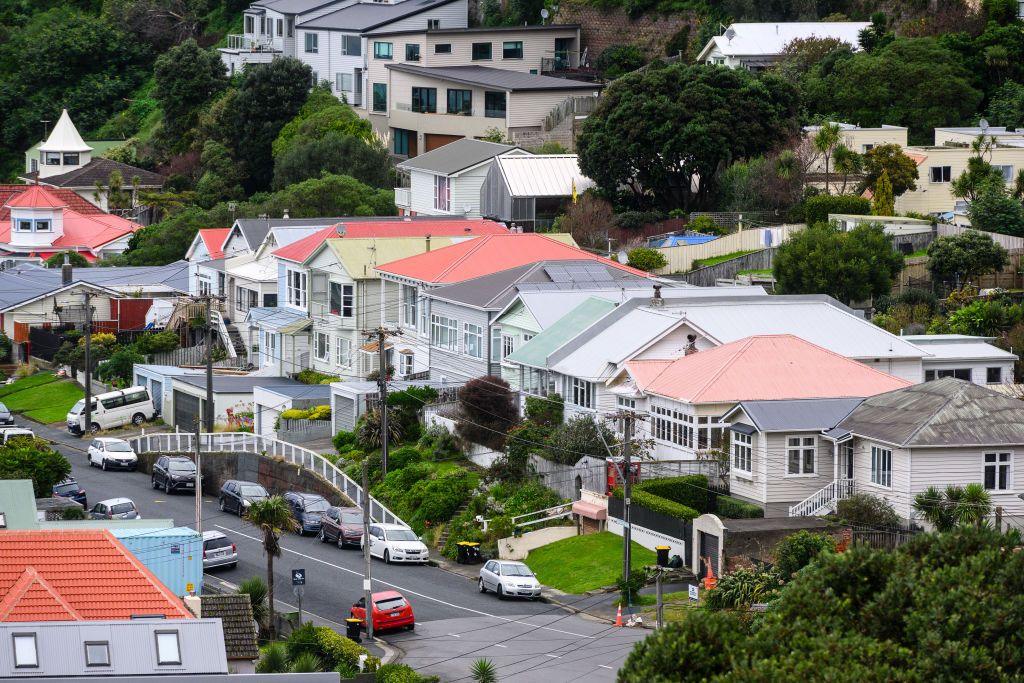NZ tightens visa rules amid 'unsustainable' migration

Policymakers in New Zealand have warned that the flood of new arrivals are pushing up rents and house prices, adding to inflation pressures
- Published
New Zealand has tightened work visa rules in response to "unsustainable" migration levels, say authorities.
Low-skilled applicants now have to fulfil English-language requirements and are allowed to stay for three years - down from five previously.
"Getting our immigration settings right is critical to this government's plan to rebuild the economy," said Immigration Minister Erica Stanford.
A near-record 173,000 people migrated to New Zealand last year.
Under the tightened rules, applicants for most work visas now have to fulfill requirements for skills and work experience.
Employers are responsible for ensuring that migrants meet the specified requirements before offering them a job.
Authorities have also decided to axe earlier plans to add 11 roles, such as welders, fitters and turners, to the list of occupations that would qualify for a fast track to residency.
These rules mark "the start of a more comprehensive work programme to create a smarter immigration system," Ms Stanford said, adding that more stringent visa rules also help prevent the exploitation of migrant workers.
New Zealand, which has a population of 5.3 million, has been experiencing a since end 2022.
"The government is focused on attracting and retaining the highly skilled migrants such as secondary teachers, where there is a skill shortage.
"At the same time we need to ensure that New Zealanders are put to the front of the line for jobs where there are no skills shortages," Ms Stanford said.
New Zealand's Prime Minister Christopher Luxon had said last year that the country's high net migration rates did not "feel sustainable at all".
New Zealand's immigration system had been closed "at a time when employers were looking for workers [during the pandemic]... and then Labour opened the floodgates just as the economy was starting to slow," Mr Luxon, who leads the conservative National Party, told Radio New Zealand in December.
"We're inheriting a system that's been a complete hash," he had said.
Some policymakers have warned that the new arrivals may further drive up rents and house prices.
On Monday, New Zealand's Employers and Manufacturers Association raised concerns that the new visa rules could have "unintended" consequences.
"We are supportive of ensuring we are bringing in the right workers, and that they are not exploited, but we do need to make sure we get the balance right," said Alan McDonald, the association's Head of Advocacy.
"Making it harder for motivated workers to come into New Zealand means they will go somewhere else, that hurts business and means our economy misses out," he said.
At the same time, New Zealanders have been moving out of the country - often to its more prosperous neighbour, Australia. Last year, for example, New Zealand saw a record loss of 47,000 citizens.
Australia, which has also seen an influx of immigrants, announced in December that it will halve its migration intake by tightening visa rules for international students and low-skilled workers.
The Australian government has been under pressure from some quarters to temporarily reduce migration to help ease Australia's housing crisis and infrastructure woes.